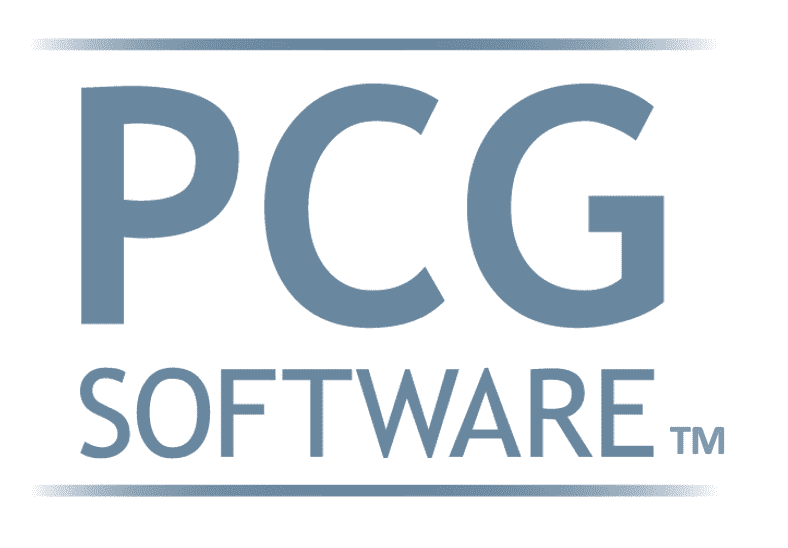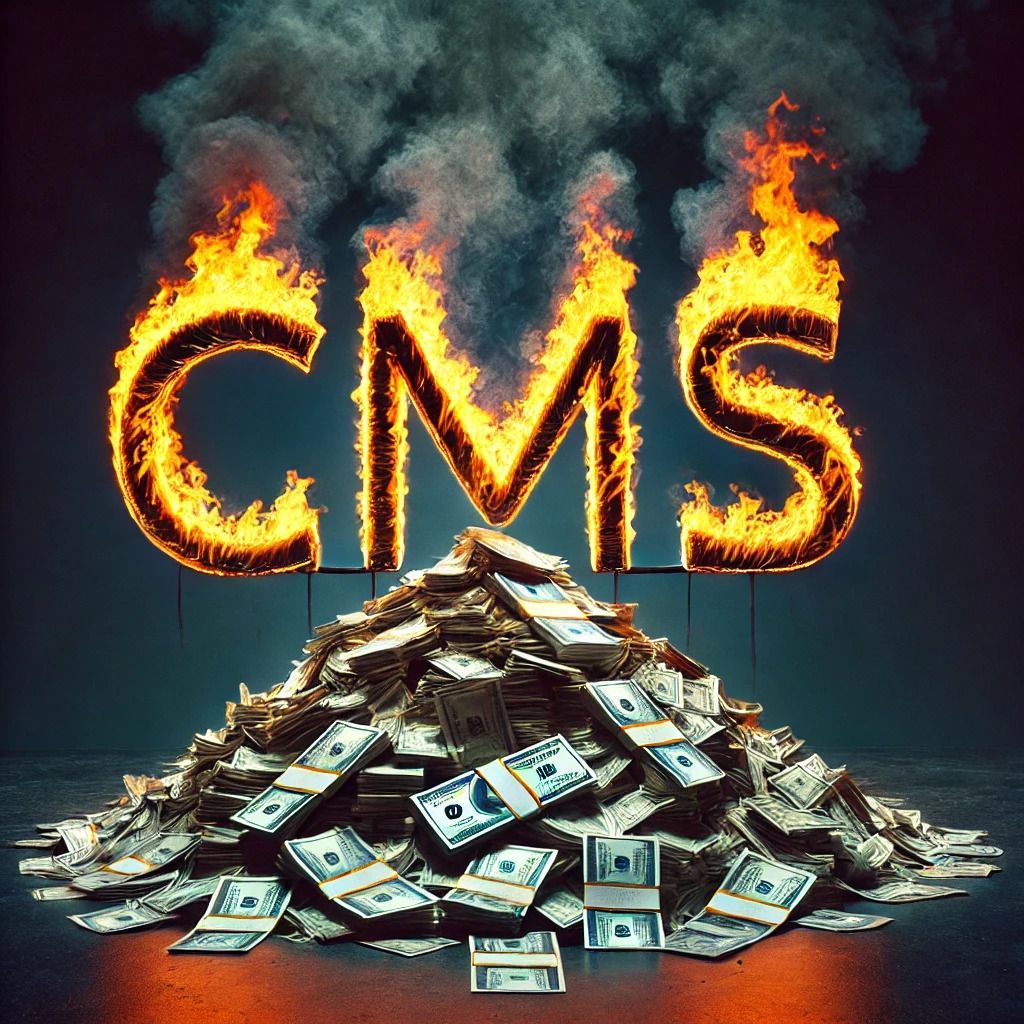President Biden's Inflation Reduction Act Aims to Alleviate Medicare Part D Drug Costs
Background:
The Centers for Medicare & Medicaid Services (CMS) has unveiled draft guidance for public comment outlining the forthcoming Medicare Prescription Payment Plan, a key component of President Biden's Inflation Reduction Act. This new law aims to provide relief to beneficiaries of Medicare prescription drug coverage (Medicare Part D) by offering the option to spread out-of-pocket costs over the course of a year, beginning in 2025. The guidance, released in two parts, outlines the program's requirements and procedures, with the first part focusing on program preparation and implementation.
High upfront out-of-pocket prescription drug costs have long been a concern for seniors and people with disabilities covered by Medicare Part D. The new Medicare Prescription Payment Plan seeks to alleviate this burden by allowing beneficiaries to pay these costs through manageable monthly installments. This initiative aligns with the broader goals of President Biden's prescription drug bill to lower costs and enhance access to vital medications for Medicare beneficiaries.
Health and Human Services Role for Part D Cost Reduction
Xavier Becerra, the Secretary of Health and Human Services (HHS), emphasizes that the plan marks yet another step forward in the effort to lower healthcare costs and expand the availability of essential medications. Chiquita Brooks-LaSure, the administrator of CMS, highlights that the prescription drug legislation is already proving advantageous for Medicare beneficiaries by reducing the expense of insulin and providing recommended vaccines free of charge. The publication of the draft guidance is a significant milestone in the development of a program designed to specifically assist individuals facing substantial upfront costs for their prescription drugs.
High upfront out-of-pocket prescription drug costs have long been a concern for seniors and people with disabilities covered by Medicare Part D. The new Medicare Prescription Payment Plan seeks to alleviate this burden by allowing beneficiaries to pay these costs through manageable monthly installments. This initiative aligns with the broader goals of President Biden's prescription drug bill to lower costs and enhance access to vital medications for Medicare beneficiaries.
Opt-in for Out-of-pocket to avoid donut holes
The draft guidance addresses various aspects of the new program, chiefly assisting Medicare Part D plan sponsors and pharmacies in preparing for successful implementation. It provides comprehensive information and strategies to identify beneficiaries who are likely to benefit from the program. This includes outlining the opt-in process for Part D enrollees and establishing program participant safeguards to ensure their well-being.
In addition to these important aspects, the guidance goes into detail about the data collection procedures that are crucial for evaluating the effectiveness of the program. By collecting and analyzing data, it will be possible to assess the impact of the program and make any necessary adjustments to improve its outcomes.
Furthermore, the guidance emphasizes the importance of receiving feedback on strategies aimed at ensuring eligible Part D enrollees can take full advantage of Medicare Savings Programs and Extra Help. By reducing their out-of-pocket prescription drug expenses, these programs can significantly alleviate the financial burden on beneficiaries.
Overall, this comprehensive and detailed guidance serves as a valuable resource for Medicare Part D plan sponsors, pharmacies, and beneficiaries themselves. It provides the necessary guidance and strategies to successfully implement the program and maximize its benefits for all involved parties.
CMS two-part Guidance on Part D cost reduction
Acknowledging the scale of the program's implementation, CMS is releasing the guidance in two parts, with the first part currently available for comment. The second part, set to be released in early 2024, will concentrate on Medicare Part D enrollee outreach, education, plan bid information, and compliance monitoring. CMS also plans to develop tools like calculators to assist Medicare Part D beneficiaries and caregivers in estimating monthly payments under the new program.
The Medicare Prescription Payment Plan serves as a lifeline for those struggling with steep upfront prescription drug costs, ensuring that beneficiaries can access essential medications without financial hardship. Dr. Meena Seshamani, CMS Deputy Administrator and Director of the Center for Medicare, emphasizes the role of public feedback in guiding the implementation of the prescription drug law and in delivering on the promise of more affordable drugs for Medicare recipients.
To make the guidance as comprehensive as possible, CMS is inviting public comments on the draft guidance for a period of 30 days, concluding on September 20, 2023. Comments received during this period will be factored into the finalization of the guidance, which CMS anticipates releasing in early 2024.
CMS includes Stakeholders for increased buy-in
In its commitment to transparency and collaboration, CMS is engaging with a wide range of stakeholders including patients, consumers, Medicare Part D plan sponsors, Medicare Advantage organizations, healthcare providers, pharmaceutical companies, pharmacies, and others. The Inflation Reduction Act benefits from the input of these stakeholders, with the draft guidance serving as a valuable tool for them to contribute to the implementation of this groundbreaking drug law.
CMS includes Stakeholders for increased buy-in
President Biden's Inflation Reduction Act holds great promise in alleviating the financial strain on Medicare beneficiaries grappling with exorbitant upfront prescription drug expenses. The recently published draft guidance by CMS introduces the Medicare Prescription Payment Plan, which aims to distribute out-of-pocket costs throughout the year, thereby enhancing the accessibility of vital medications for seniors and individuals with disabilities. We strongly encourage public input as it will be instrumental in shaping the ultimate guidance and guaranteeing the effective execution of this groundbreaking legislation.
If you are an at-risk payer and looking to reduce the cost of incorrect billing for drug prescription authorization, infusion billing, and other, please contact us today to discuss our AI software solutions for claims management. info@pcgsoftware.com.
References:
- https://www.beckerspayer.com/policy-updates/cms-pitches-guidance-for-medicare-part-d-monthly-payment-plan-5-things-to-know.html
- https://www.cms.gov/newsroom/press-releases/cms-issues-draft-guidance-new-program-allow-people-medicare-pay-out-pocket-prescription-drug-costs
- chrome-extension://efaidnbmnnnibpcajpcglclefindmkaj/https://www.cms.gov/files/document/medicare-prescription-payment-plan-fact-sheet.pdf
Our History and Credibility in Reporting this Information:
For over 30 years, PCG Software Inc. has been a leader in AI-powered medical coding solutions, helping Health Plans, MSOs, IPAs, TPAs, and Health Systems save millions annually by reducing costs, fraud, waste, abuse, and improving claims and compliance department efficiencies. Our innovative software solutions include Virtual Examiner® for Payers, VEWS™ for Payers and Billing Software integrations, and iVECoder® for clinics.
Support Request
New Customer Quick Links
All Rights Reserved | PCG Software, Inc.
Website Created & Managed by Talents Into Profits


